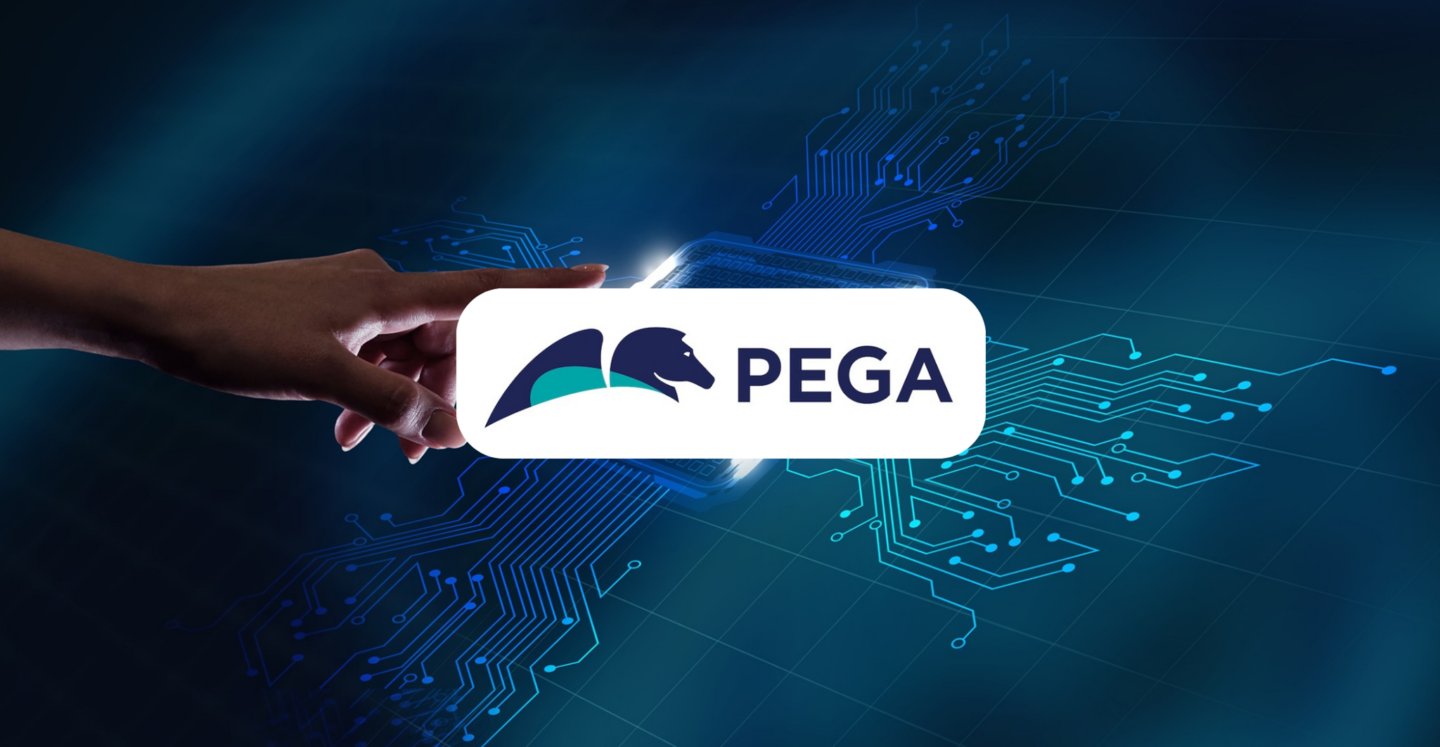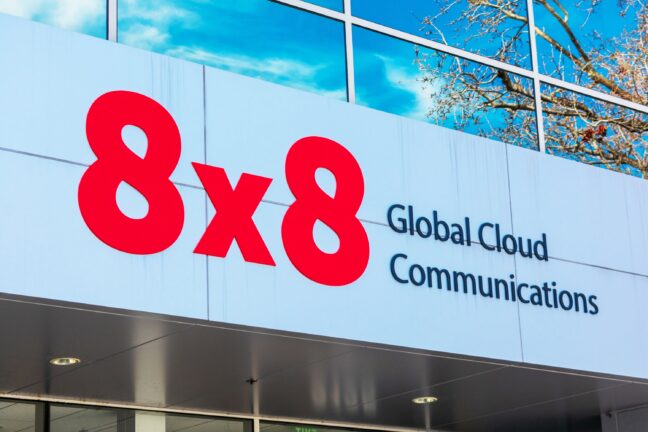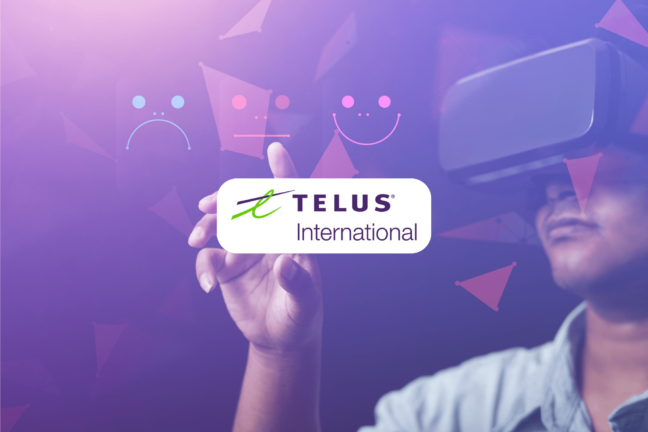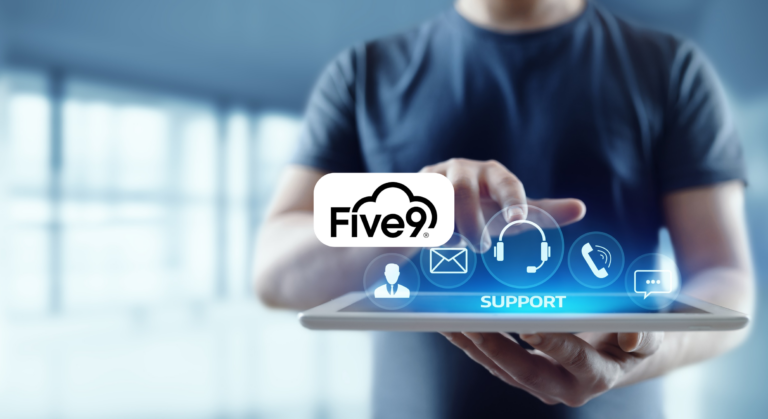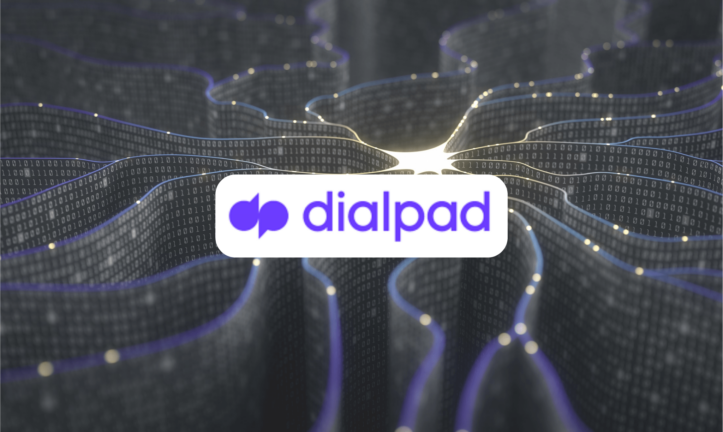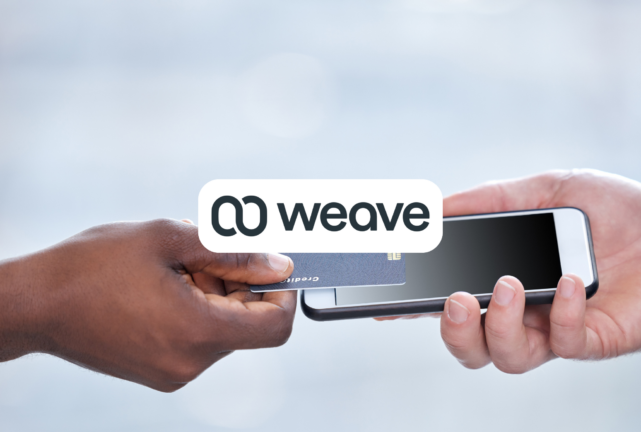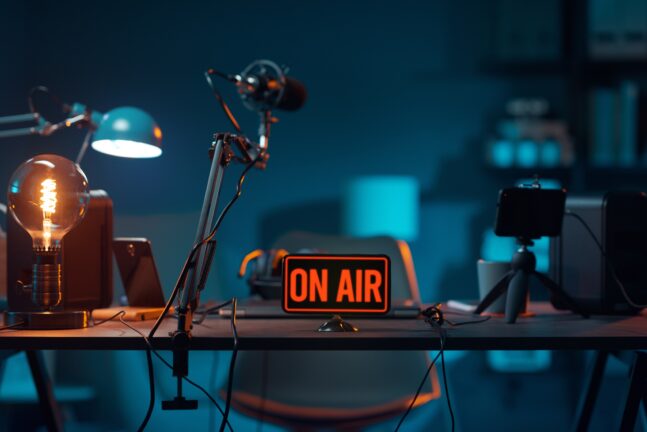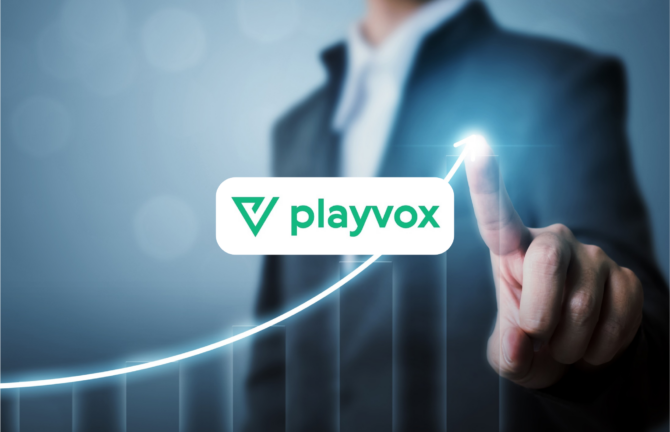Pegasystems has unveiled Pega GenAI, 20 new AI-powered capabilities, which will be integrated into Pega Infinity '23, the latest version of Pega's product suite, which is built on its low-code platform for AI-driven decision-making and workflow automation. Pega GenAI offers organizations the necessary architecture and use cases to utilize the potential of generative AI.
"We've added a staggering number of powerful generative AI-powered boosters across Pega Infinity to help organizations quickly leverage the power of generative AI to work faster and more efficiently. Our clients will have the flexibility and security to power our generative AI features and build their own using their large language models of choice. The Pega GenAI boosters released in Pega Infinity '23 are just the start -- we plan to add new ones on a regular basis as we continue to evaluate new ways to responsibly and securely leverage generative AI and as new models come to market," said Kerim Akgonul, Chief Product Officer, Pega.
Connect Generative AI
Pegasystems has introduced a new API abstraction layer - Connect Generative AI - which offers organizations a convenient way to harness the power of generative AI and obtain benefits. This plug-and-play architecture enables low-code development of AI prompts, eliminating the need for direct integration with APIs like OpenAI. Pega provides an API abstraction layer that allows developers to seamlessly switch between different large language models hosted on public or private clouds. Moreover, developers can create reusable generative AI components that can be utilized across various applications.
Connect Generative AI also includes a feature that automatically replaces personally identifiable information (PII) data with generic placeholders in generative AI prompts, assisting organizations in upholding their data protection policies and promoting the secure usage of public and private models.
The generative AI boosters integrated into Pega Infinity '23 enable quick and efficient development of novel features, allowing low-code developers to incorporate generative AI capabilities into their decision-making processes and workflow automation. Initially, Pega will provide connectors to OpenAI's API and Microsoft Azure's OpenAI APIs. Additionally, users will have access to downloadable connectors from other providers through the Pega Marketplace.
The set of 20 new Pega GenAI boosters enhances the usability, speed, and capabilities of Pega Infinity '23. These boosters bring about the following improvements:
Faster low-code application development in the Pega Platform:
-
AI-prompted workflows: Pega GenAI suggests relevant workflows and builds their stages and steps based on the application's name and description.
-
AI-generated personas: The solution defines relevant users and personas for workflows, facilitating proper work routing and generating user interfaces.
-
Automatic data modeling: Pega GenAI provides data suggestions and models them into workflows and user interfaces.
Enhance customer engagement relevancy in Pega Customer Decision Hub:
-
Treatment creation assistant: Pega GenAI suggests text and image options to improve treatment effectiveness. Users can leverage persuasion principles to tailor the copy's tone to different customer segments.
-
Autonomously recommend higher impact actions: The solution identifies opportunities for enhancing the Next-Best-Action library and provides automated suggestions for improvements.
-
Explainable AI analytics: It analyzes data and offers transparent insights into AI-driven decisions. It provides easily understandable explanations for presenting or omitting certain actions to customers.
Improve customer service capabilities in Pega Customer Service:
-
Automatic interaction summaries: Pega GenAI summarizes agent-customer message transcripts, reducing the need for manual note-taking by agents and improving contact center efficiency.
-
Advanced chatbot response: It assists chatbots when they encounter queries with no suitable answers. It helps improve the chatbot's understanding of customer intent and enhances its ability to provide relevant responses.
Enhance productivity in Pega Sales Automation:
-
Email reply generator: Pega GenAI analyzes incoming emails and provides suggested replies.
-
Meeting summary generator: It analyzes meeting transcripts from Pega Voice AI, Zoom, or WebEx to generate sales meeting summaries and action items, streamlining post-meeting tasks for sales professionals.
Expedite bot creationin Robot Studio:
-
Script generation: Pega GenAI generates custom scripts that can be directly invoked from the automation interface.
-
Test data generation: It automates the creation of input parameters for testing bot automation, enabling robotics developers to save time during the testing phase.
Improve knowledge management libraries In Pega Knowledge:
-
Semantic search: Users can ask Pega GenAI natural language questions and receive concise, summarized answers extracted from knowledge management articles.
-
Generation of new answers: Pega GenAI assists knowledge management content authors in creating new, concise articles by generating summaries of existing content.
Streamline access to comprehensive operational insights:
-
Automatic insight generation: Users can request specific reports or information using natural language queries, such as asking Pega GenAI to display sales figures for the Midwest region in the second quarter.
Pega's approach to generative AI ensures responsible and controlled deployment of AI models, mitigating risks effectively. It includes measures such as auditing, rules-based governance, and workflow-managed human approval to prioritize safety, security, and reliability. Pega enables authorized staff to review, edit, and approve all AI-generated text, thereby reducing the likelihood of exposing customers to inaccurate or biased content.
Elsewhere, Pegasystems has recently formed a new partnership with Tealium, to allow Pega Customer Decision Hub to connect with Tealium Customer Data Platform.